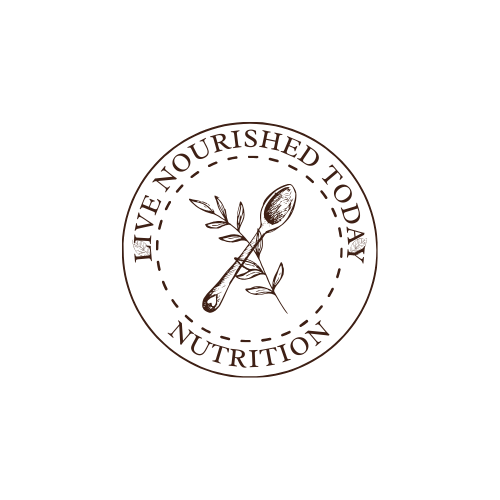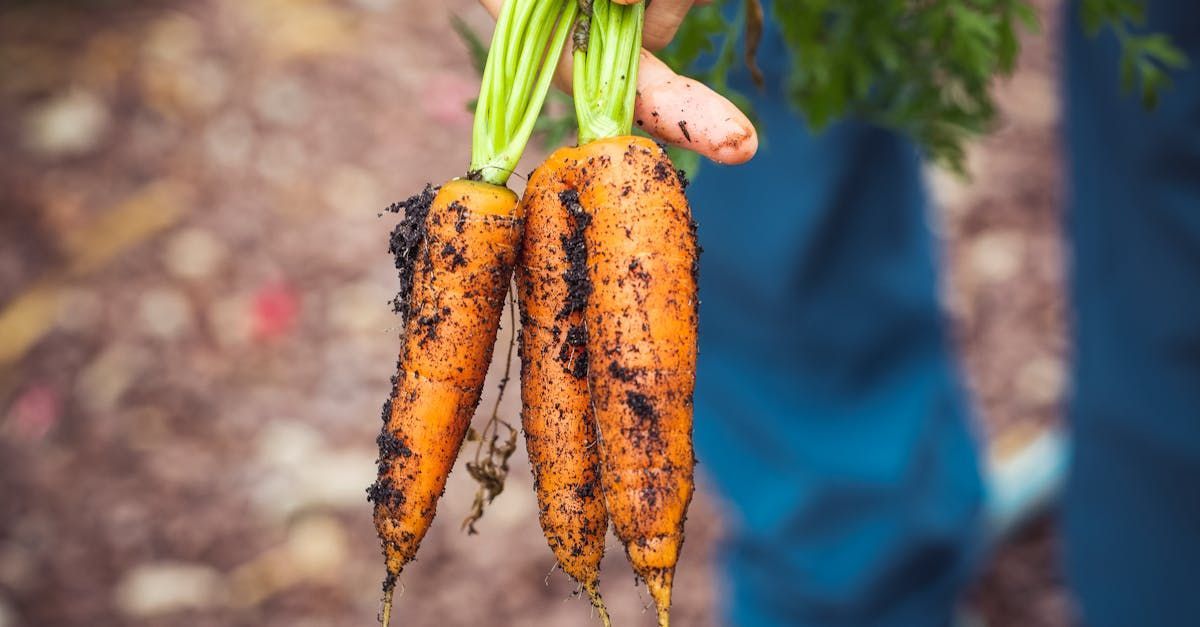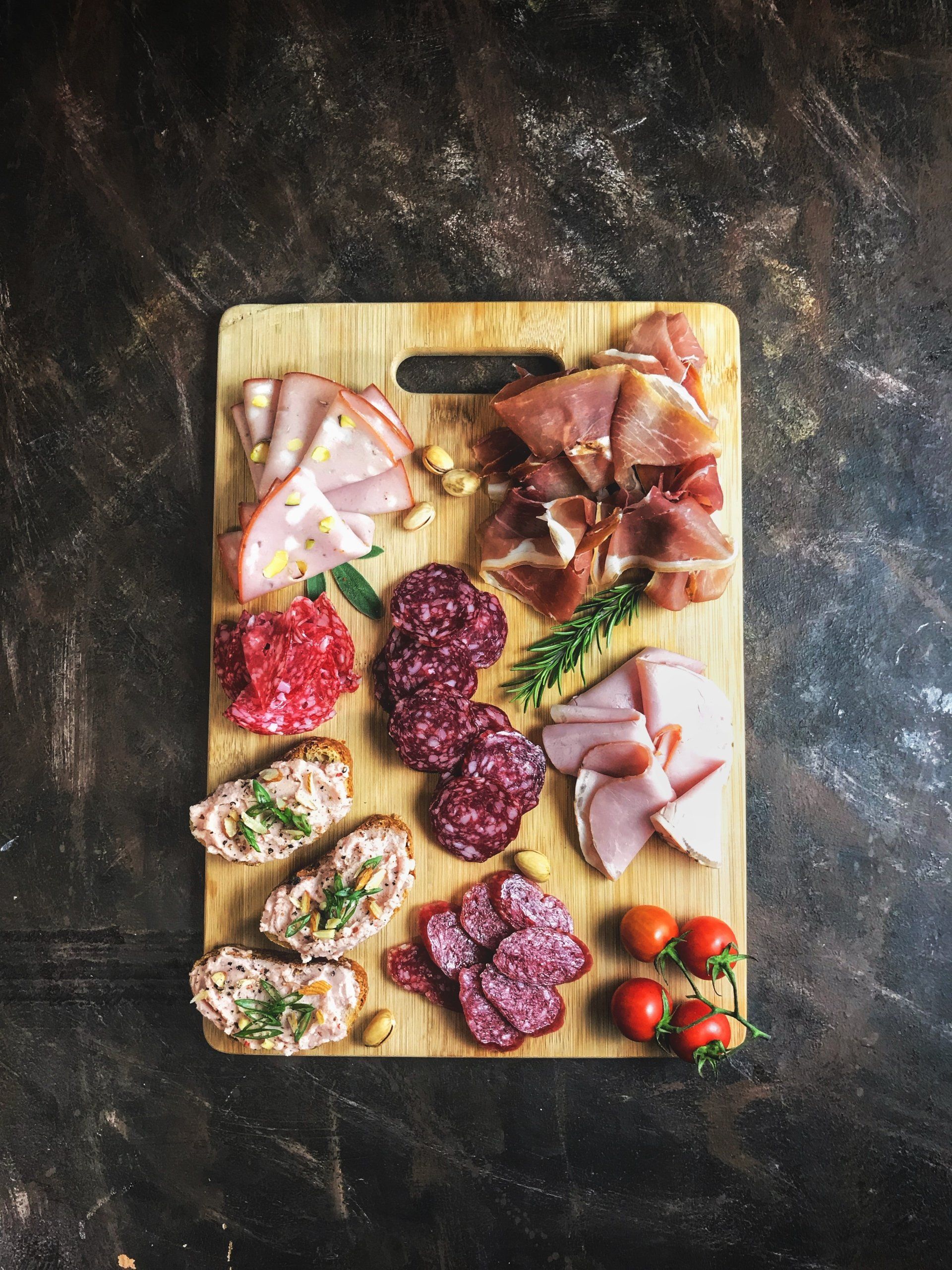Live Nourished Today, LLC
Should we be worried about the anti nutrients in vegetables?
Recently, vegetables have become popular but not for the reasons we think. Over social media platforms, certain Tiktokers and other influencers have been claiming that we should not be eating vegetables because of the anti-nutrients that are in veggies. But is that really the truth? Let’s get into it.
A little history on anti-nutrients
Overtime, plants have evolved and created defense mechanisms against insects, animals, and bacteria. Anti-nutrients cause foods to have a bitter taste to them, which would prevent the bugs and animals from eating them, because who wants to eat something that's bitter?
What are anti-nutrients?
Anti-nutrients are compounds that may interfere with the absorption of other nutrients in our diet. Common anti-nutrients are oxalates, phytates, tannins, and lectins. They are not only found in vegetables but can be found in whole grains, legumes, nuts, and seeds. Most of these anti-nutrients can interfere with the absorption of calcium, iron, magnesium, zinc, and potassium.
So can they impact our health?
Overall, anti-nutrients have very little negative consequences on our health, for the majority of people. In fact, most foods containing antinutrients have been found to be beneficial to our health by protecting against diseases, and having anti-inflammatory properties. The plants we consume contain fiber, which help to regulate our blood sugar levels, aid in lowering our cholesterol, promote the good bacteria in the gut, and help our digestive system by keeping us regular. Vegetables contain many antioxidants that prevent oxidative stress, and decrease the inflammation in your body, keeping it strong enough to fight against illness and disease!
If you're still concerned about the antinutrients found in plants, there are ways to reduce the amount present in them. We can reduce the effects they have by soaking, cooking, fermenting, or germinating the vegetables, beans, nuts, seeds, and grains! This will make them more digestible, and less likely to cause any interactions with nutrients. If you have anemia, or have osteoporosis, it is important to ensure you are getting enough nutrients, especially calcium and iron, so be sure to also include foods that increase the absorption of these foods. The absorption of iron is increased by consuming foods high in vitamin C with it, like a glass of orange juice. Be sure to have enough vitamin D in your diet, or from the sun to absorb the calcium you consume, because without vitamin D we cannot absorb calcium! Having a well balanced diet, by eating a variety of foods from all the different food groups will be the most nourishing!
Overall, research has shown that diets high in vegetables, nuts, seeds, and whole grains such as in the Mediterranean diet, and DASH diet, have reduced risk of cardiovascular disease and overall mortality. Although anti-nutrients can be scary when you first hear about it, the effects are very minimal, and the pros 100% outweigh the cons.



